Written by: Rtr. D.Dinuda Perera & Rtr. Pasindu Liyanage
“Every breath you take, every meal you enjoy, and every drop of water you drink depends on one thing: a healthy, thriving natural world. Yet that world is under unprecedented threat. On this World Nature Conservation Day, it’s time to ask, What will we do to protect it? ”
The world observes World Nature Conservation Day every year on July 28, taking a moment to reflect on how deeply our lives are connected to the environment around us. It’s more than just planting a tree or sharing a quote. It’s a call to action, a reminder that protecting nature means protecting our future.
In a time when floods, wildfires, droughts, and pollution dominate global headlines, nature conservation is no longer optional. It’s essential.
Why Does Nature Conservation Matter?
Nature isn’t just something we visit on holidays. It’s the very foundation of life. It provides us with the air we breathe, the water we drink, the soil that grows our food, a stable climate that keeps our planet livable, and the biodiversity that keeps ecosystems in balance.
When we exploit nature without limits, it begins to collapse and with it, our well-being.
These issues are not isolated. They are interconnected.
- When forests are cut down, rainfall patterns change.
- When oceans are polluted, fish populations decline.
- When species go extinct, ecosystems weaken
Take Sri Lanka, for example. Our island is celebrated for its rich biodiversity and breathtaking natural beauty. But today, it faces mounting environmental challenges. Deforestation continues to threaten ecosystems in places like Sinharaja and Wilpattu. Plastic pollution clogs our oceans and rivers, while invasive plant species disrupt native habitats. We’re also witnessing a decline in marine biodiversity, including the loss of coral reefs and endangered sea turtles. On top of that, extreme weather events are increasingly impacting our farmers, livelihoods, and communities.
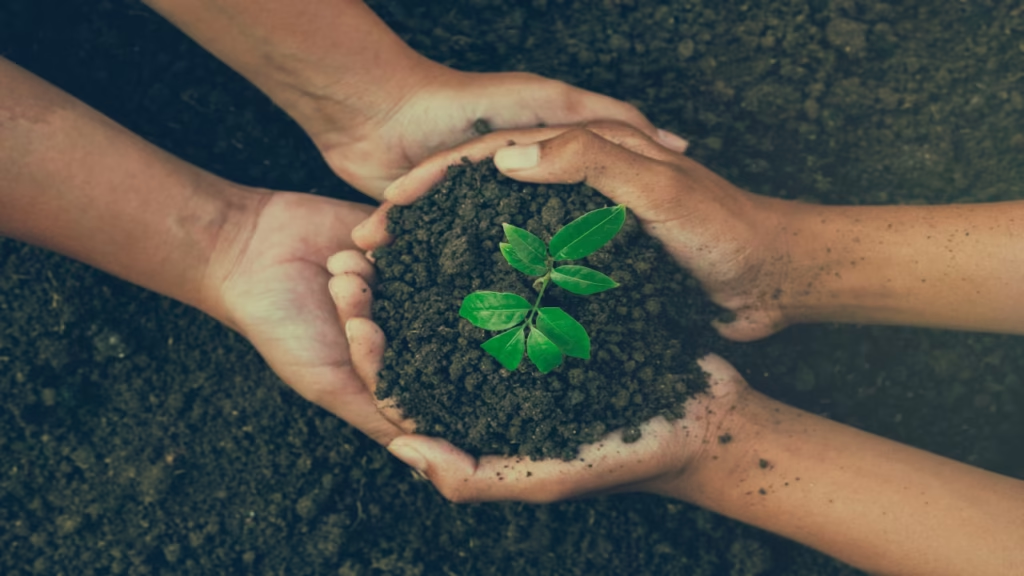
Conservation Is Not Just for Scientists or Activists
You don’t have to be a policymaker, an environmentalist, or a researcher to protect the planet. Everyone, especially youth and students, has a role to play in conserving nature.
There are many practical ways we, as students and young leaders, can contribute to nature conservation.
- Start by reducing your daily waste.
- Say no to single-use plastic, carry reusable bags and bottles, and refuse what you don’t need.
- Join clean-up drives organized by university clubs and Rotaract initiatives to help remove plastic and other waste from beaches, rivers, and public spaces.
- Go beyond tree planting and support reforestation by advocating for the protection of existing forests and native habitats.
- Educate yourself about pressing environmental issues like biodiversity loss, climate change, and sustainability, and don’t keep that knowledge to yourself.
- Share it through blogs, social media, or awareness sessions among your peers.
- Be mindful of what you consume, and choose eco-friendly brands.
- Choose locally grown and seasonal products when possible because they reduce your carbon footprint, support sustainable farming, and help preserve biodiversity.

Furthermore, avoid fast fashion and overconsumption. Most importantly, be a voice for nature: speak up when you witness destruction, support environmental policies, and use your digital platforms to drive awareness and inspire action.
Sri Lanka’s Responsibility
Sri Lanka is recognized as one of the world’s 36 biodiversity hotspots. That’s a proud title, but also a huge responsibility. Our forests, wetlands, mangroves, and oceans are not just beautiful; they’re vital to local communities, indigenous knowledge, and national sustainability.
Across Sri Lanka, inspiring projects are already making a difference. Mangrove restoration initiatives are protecting our coastal zones, while wildlife conservation efforts in areas like Yala, Udawalawe, and Horton Plains work to preserve endangered species and their habitats. In rural regions, community-led eco-tourism empowers locals to protect nature while creating sustainable livelihoods. Meanwhile, citizen science efforts, including marine cleanups and sea turtle hatcheries, show how volunteers can play a role in hands-on conservation. These efforts are encouraging, but they need greater momentum, especially from the next generation of changemakers.
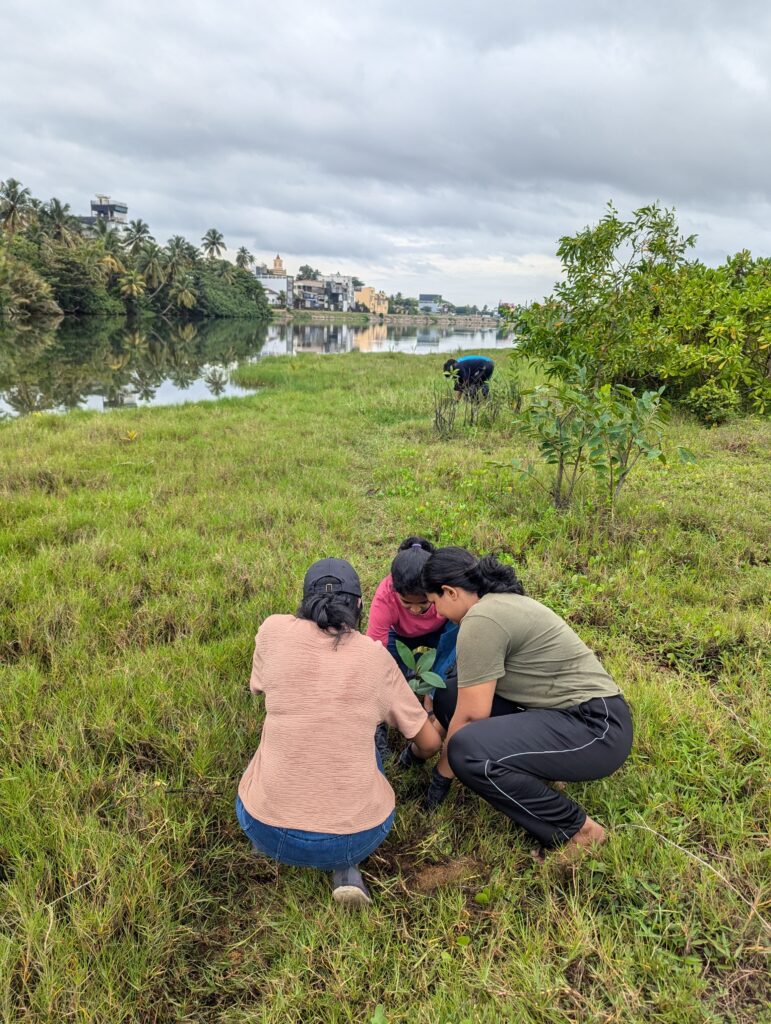
Nature Is Resilient, But Not Indestructible
Nature has an incredible ability to heal itself, but only if we allow it. We saw glimpses of this during the COVID-19 lockdowns, when pollution levels dropped, wildlife returned to abandoned spaces, and rivers began to run clearer.
But we cannot wait for global emergencies to let nature breathe.
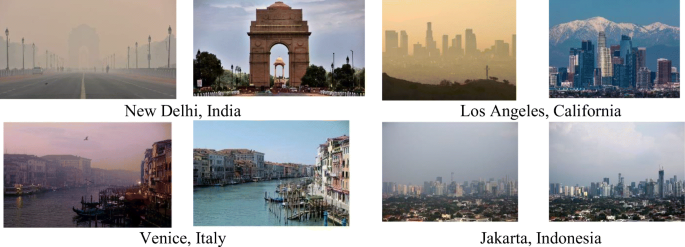
Let This Day Be the Start, Not the End
World Nature Conservation Day is not just another hashtag. It’s a reminder to act, to lead by example, and to protect the very systems that keep us alive.
If you are part of a school, university, workplace, or community group, start something. Host a documentary screening, launch a plastic-free challenge, organize a tree-planting event, or simply take a walk through a forest and remember why it’s worth saving.
Nature Conservation is not about saving nature from us. It’s about saving ourselves through nature!
Graphic Design by: Rtr. D.Dinuda Perera
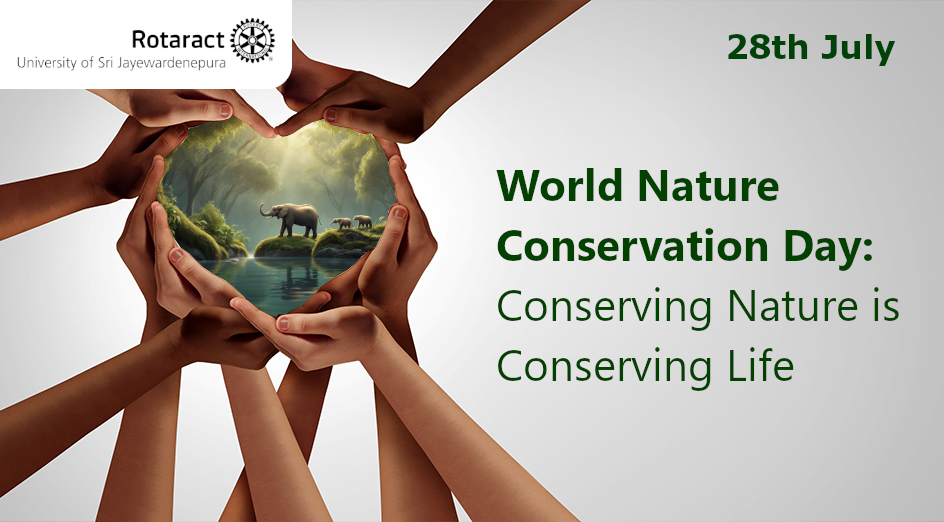
0 Comments